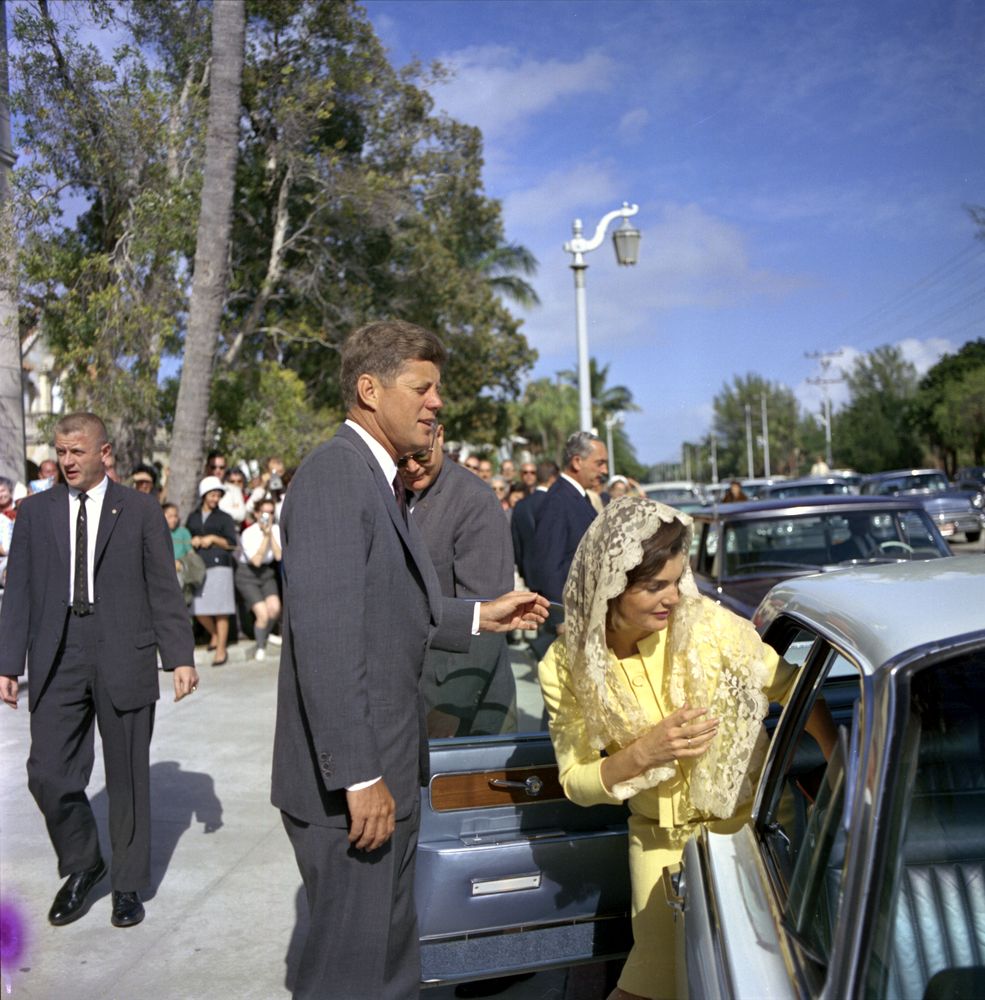The other day my family and I were watching a 40-year-old episode of the game show “Family Feud.” In case you don’t remember the game, players from each family-team are asked to guess the answers of 100 members of a studio audience, to some question such as, “Name a gift you give Dad on Father’s Day,” or “What is the best age for getting married?” You are supposed to come up with the most popular answer if you can, and eventually all the answers that at least two members of the audience gave.
In this episode, one question was, “Name someone who might be called the most perfect human being who ever lived.” One of the women from one family said, “Well, I wouldn’t say so, but other people would – Jesus.” And sure enough, Jesus was up there.
I don’t remember if Jesus was first, because it might be that Christians in an audience would balk at suggesting that Jesus had to come up to some worldly standard or other.
The surprise was one of the answers that nobody suggested, but that got a good number from the audience: John F. Kennedy. That’s right. Around 1980, there were evidently people around, and quite a few, who thought that John F. Kennedy was “the most perfect human being who ever lived.”
When that answer was revealed, the audience’s reaction was, “Ah, of course.” Nobody was surprised. It reminds me of an episode I saw of Fulton Sheen’s television show. Bishop Sheen was talking about things that help to make someone holy, and he came to something he called “the Occult Cross,” that is, great suffering that you endure, that no one knows about. His example was John F. Kennedy, who, he said, suffered terrific back pain, and yet did not let anybody know of it, and did not let it alter or hinder his work.
It was clear that Bishop Sheen considered Kennedy to be something of a secular saint. When I was a small boy, I remember making at our playground a plaster bust of President Kennedy, which I then duly painted gold. The playground operators had rubber molds for a variety of things, and that was one of them.
When Kennedy was assassinated – I was four, and I have a vague memory of it – the main road connecting the two parts of my hometown was renamed Kennedy Drive. And yet, as we know now, Kennedy was far from sanctity. He was probably far even from ordinary decency.

I don’t want to get into the details about his sexual escapades, and the evils he engaged in to cover them up. I might mention the foreign policy disaster that saw the United States collude with insurgents to assassinate the Catholic ruler of South Vietnam, Ngo Dinh Diem, just a week or so before Kennedy himself was shot down in Dallas.
Kennedy was at best, as president, a mix of good and bad, some very good, and some very bad. But as a man and a Catholic? We aren’t talking here about mistaking a not very good man for a good man. We’re approaching the Maximum Possible Error: like calling Robespierre a gentle statesman, or Lucrezia Borgia a delicate cook.
How does it come about? Through what Richard Weaver called “The Great Stereopticon,” I guess: that manifold entertainer and sealer of the brain, mass media. It’s terrifying, when we think of it. We pride ourselves on being so much wiser than our forebears, but how likely was it before the age of mass media that hundreds of millions of people could be so bizarrely fooled about the character of a man?
Yes, traditions do encrust themselves around men of power, like coral – Richard the Lion-Hearted, Philip Augustus, Louis XIV the Sun King. But there’s a difference here. Richard actually was brave, Philip did increase the territory of France, and Louis was Louis, and nobody would have said with a straight face that any one of them might have been “the most perfect human being who ever lived.”
Other than Jesus, they would have given the names of great saints and prophets: Our Lady, first, and then after her, maybe Saint Peter, Moses, Saint Francis, the prophet Isaiah; you get the idea. Not a short-lived president of dubious statesmanship and far more than dubious personal morality.
The other thing about that Great Stereopticon is its nearsightedness, and the cultural amnesia it promotes. If the focus is on selling “news,” what happens to the “olds”? Forgotten. We are stimulated to the everlasting irritation of our brains and the cauterizing of our minds.
Just when it is possible technologically for any ordinary person to read the works of people who lived two thousand years ago, it is impossible anthropologically and sociologically that it will happen, because the horizons have been shortened.
The peasant in medieval England might not have traveled afoot more than twenty miles from home, but his spiritual horizon went all the way back to Adam, and forward to the trump of doom. The college professor right now may travel around the world, but his spiritual horizon is no more than a few feet in front of his face: another Trump, maybe.
We Catholics are not to be so. Do not conform yourselves to the world, says Saint Paul, but be transformed in the working of your minds. One way, surely, to resist being conformed to the world is to be proof against the world’s elevation of its “saints,” and to decline to run with the rest of the world hither and yon, like ants when a boy kicks the anthill.
We ought to look instead to the One whom John saw seated upon the throne, who said, and only He could say so, “Behold, I make all things new.”
*Image: President John F. Kennedy and First Lady Jacqueline Kennedy departing after Mass at St. Edward’s Catholic Church in Palm Beach, Florida, New Year’s Day, 1963















